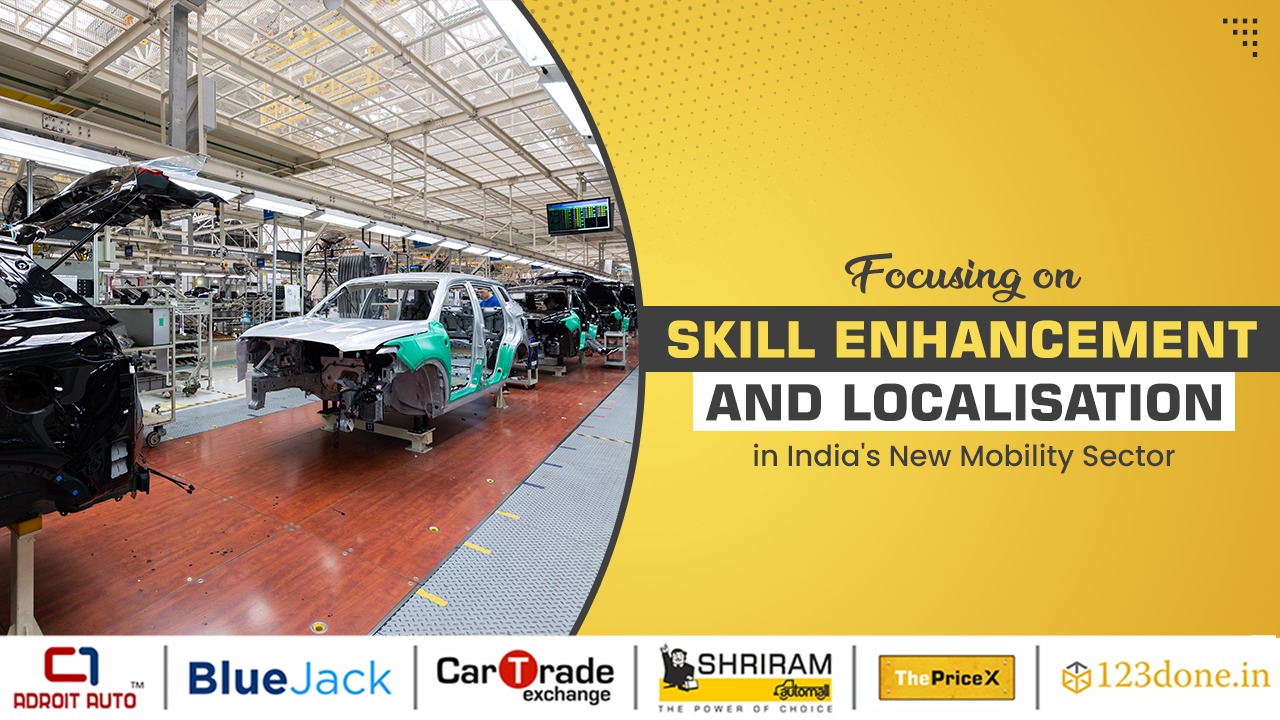Focusing on Skill Enhancement and Localisation in India's New Mobility Sector

In the context of policies governing the new mobility sector, particularly in e-mobility, the focal point for sustaining a competitive advantage lies in workforce reskilling. The CEO of New Mobility at a prominent conglomerate emphasizes the significance of prioritising local expertise to avoid mere replication of global efforts.
The critical role of talent in this evolving landscape is underscored, noting the current low investments in curriculum and research and development (R&D) in India. Advocating strategic investments in R&D, the call is for academic institutions to contribute more to emerging technologies. Such targeted efforts, it is believed, can expedite the adoption of electric vehicles (EVs) and clean energy solutions, mirroring the evolution of the telecom industry with its focus on data.
Speaking about the importance of talent, there's an address to the need for advanced processes and increased R&D engineers across categories. Investing in R&D and innovative technologies in the new mobility space is key to staying ahead of the curve, saving money on fuel imports, and positively impacting the environment.
These remarks align with government concerns about rising fossil fuel import bills, projected to exceed Rs 25 lakh crore in the next five years. An International Energy Agency (IEA) report also anticipates a doubling of India's fossil fuel imports over the next two decades. The context emphasizes the urgency for India to shift towards sustainable and localized energy solutions.
Consistency in policies across states is another aspect highlighted, calling for a level playing field. Long-term policies are crucial for Original Equipment Manufacturers (OEMs) and suppliers, providing confidence in government subsidies and incentives. Advocating for clear roadmaps and long-term visions to attract investments, despite returns taking several years to materialize.
While opportunities abound, challenges include raw material availability for batteries and the production of green hydrogen. Overcoming these hurdles requires collaboration between conglomerates, governments, and the private sector. Infrastructure development, including charging stations and hydrogen dispensing stations, is also imperative.
In addressing concerns raised by finance companies, there's emphasis on the need for a connected ecosystem covering vehicles, batteries, charging stations, and resale value to build a robust foundation for sustainable growth in the new mobility sector.
Follow SAMIL Blog to stay updated about the world of Automotive Industry.

 Download Our App
Download Our App



